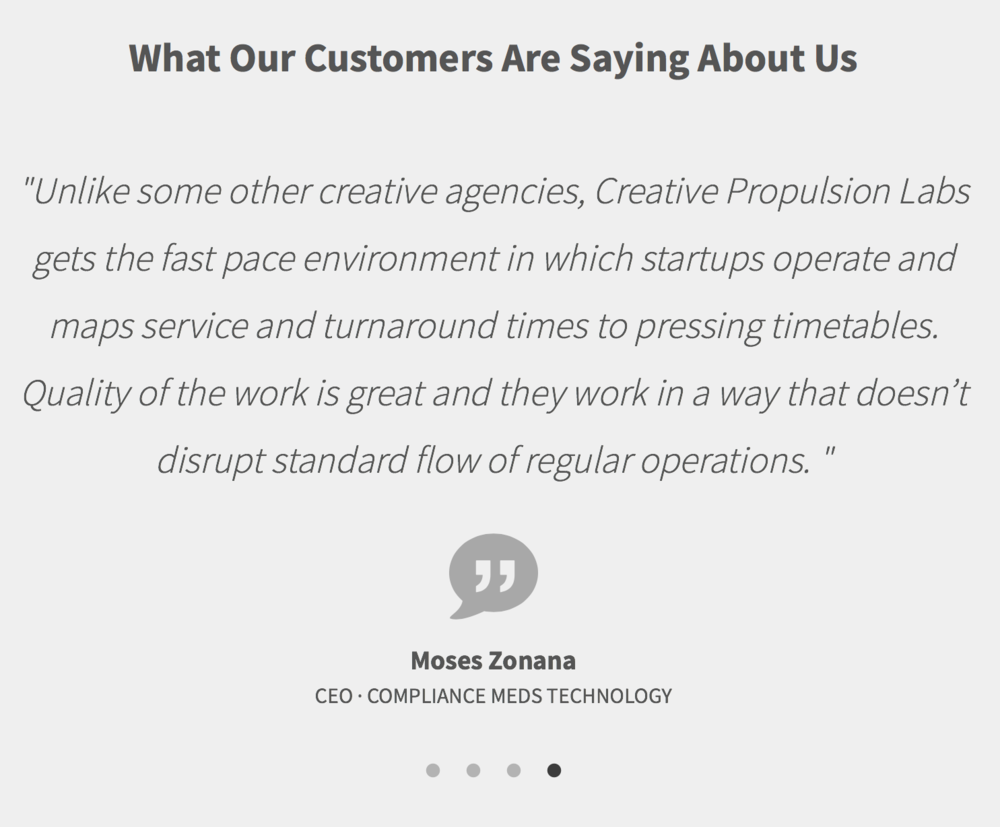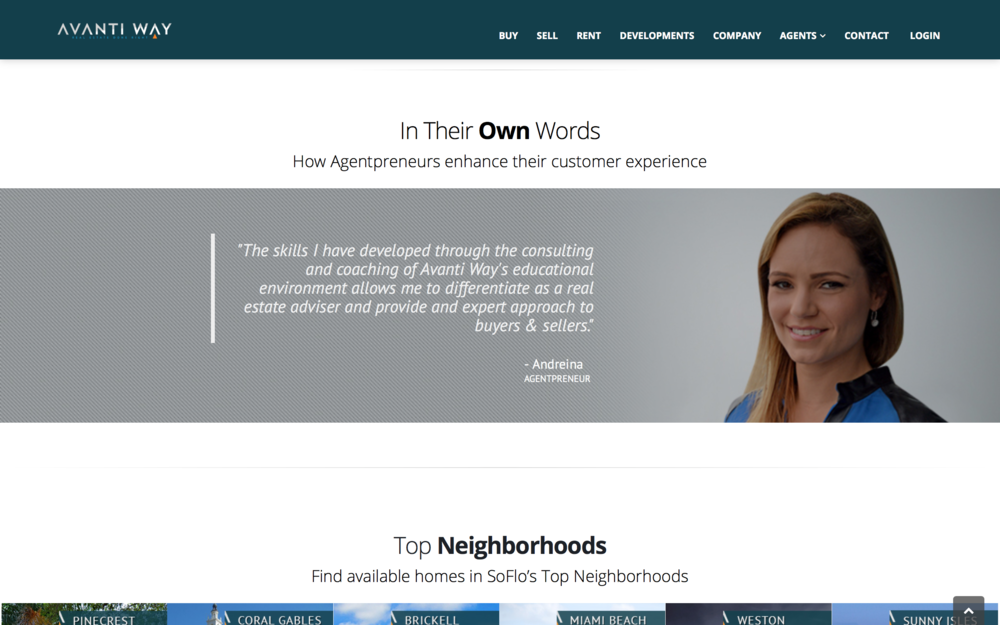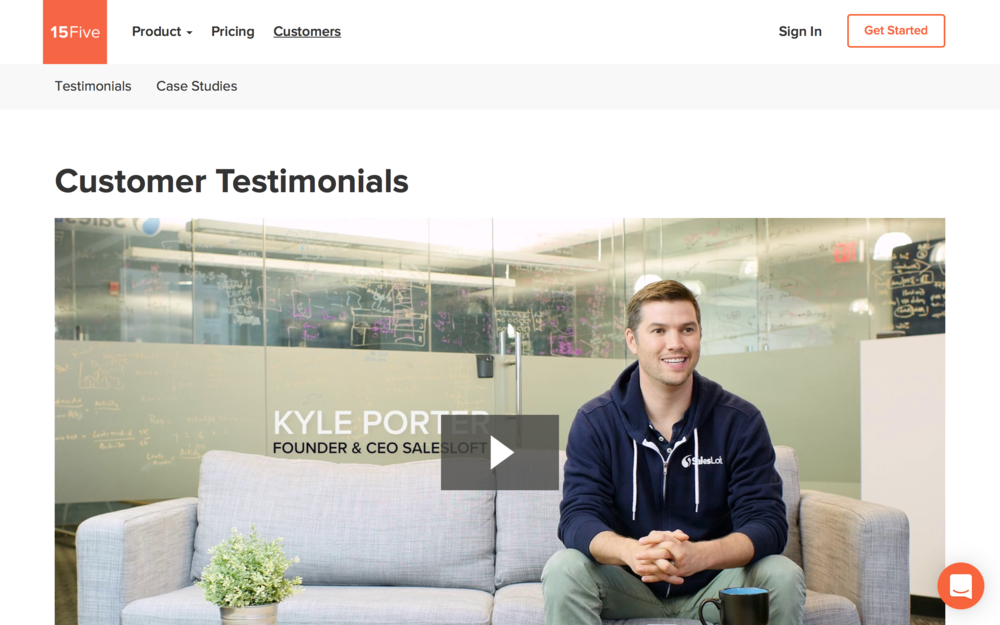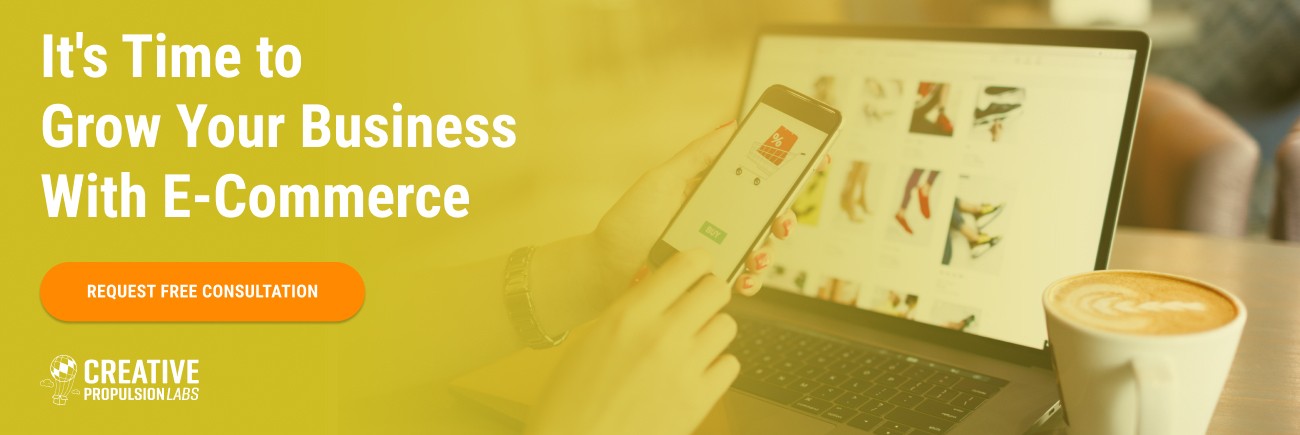Testimonials are a powerful, versatile, and often-essential part of marketing. Here are some tips for getting, using, and benefiting from great ones.
Does your business use testimonials in its marketing? Does it only use them in certain ways or do you fully take advantage of their strengths, versatility, and psychological pull?
Testimonials serve as social proof, providing credibility and reinforcing a sale. They are easy to get and provide the personal validation customers sometimes need.
Social proof is the confirmation of your peers. It is when you prefer a product or service more than you might otherwise, simply because someone like you does too. Social proof is 'keeping up with the Joneses' but it is also valuing the opinion of others with whom you identify with or respect, and it constantly influences the decisions your customers make. And testimonials are one of the easiest ways to strengthen your brand's social proof.
According to Neilsen research: “92% of people will trust a recommendation from a peer, and 70% of people will trust a recommendation from someone they don’t even know.”
Testimonials are easy to acquire. A marketer can simply send a follow-up email after the customer's purchase is complete, or services to a client have been rendered. For e-commerce, an app like the product review capability on Shopify makes it easy. A great testimonial which is positive and relevant should be reused on the web and in print materials to reinforce the sale. If you're trying to sell product X, make sure to use a testimonial about product X. The more specific the testimonial is to the page/product, the stronger it is.

What do the people who have actually purchased and used your products or services think about them? With testimonials, you can transform your pitch into an unbiased, credible recommendation for your product. When words of praise are coming from a customer, a good testimonial can generate more attention than some of the best copy out there.
The elements of a great testimonial:
- A great testimonial is full of benefits: It will mention specific benefits the customer got from the product or service, letting other customers know they can get those benefits too. "This dieting book helped me lose fifteen pounds" is better than "This dieting book is great."
- A great testimonial can substantiate your claims: How much time or money did your customer save by using your product? How did their life improve? Did it do what you promised?
- A good testimonial is either from someone your audience can relate to or from an expert: For example, if you're selling inexpensive skateboards to teenage boys, testimonials from another teenage boy or a pro skateboarder will be much more effective than a middle-aged woman they might associate with their mom.
- A good testimonial is as credible as possible: Ever notice how you take Amazon customer reviews more seriously than someone who looks like a paid actor? Maybe you take a testimonial with a person's first and last name, age, and hometown more seriously than one without? The extra identifiable details make them much more credible because people perceive them as less likely to be fake, or perhaps 'real' but really a paid spokesperson or actor.

5. A good testimonial may compare your product to another: You want your visitor to know what your product can do that another product can't. A satisfied customer explaining how your product finally solved their problem could set your product apart from the competition.
6. A good testimonial is honest, and not fake: Believe it or not, even people who tend to express skepticism at the authenticity of a testimonial will often be unconsciously influenced by them. But if they are proven right at the end, the trustworthiness of your entire company comes into question. If you make a quality product or perform a quality service, getting quality testimonials will be easy. If you have to invent a positive testimonial, chances are there are bigger problems with your business which will become obvious to your customer when the reality doesn't hold up.
7. A good testimonial can be text, image, or many other formats:Consumers like engagement and variety. If your testimonials are primarily text quotes, mix it up with a video or image with text overlaid. Make it pop out from its context.

There are many ways to get great testimonials, from social media mentions to product feedback, to directly approaching a good customer and requesting one. And they can be presented and used in just as many formats and situations. Video testimonials are great on Facebook or your home page. Written testimonials can be turned into memes and shared everywhere. And expert testimonials (think of the classic "Four out of five dentists recommend...") are particularly effective in print publications or on billboards.
Testimonials are physical symbols of your link with your customers. You're getting your customers—the people who actually use your products—to sell them for you. Using them well will make that link with your customer stronger, and ultimately strengthen your business.
Photo by Jason Rosewell on Unsplash


